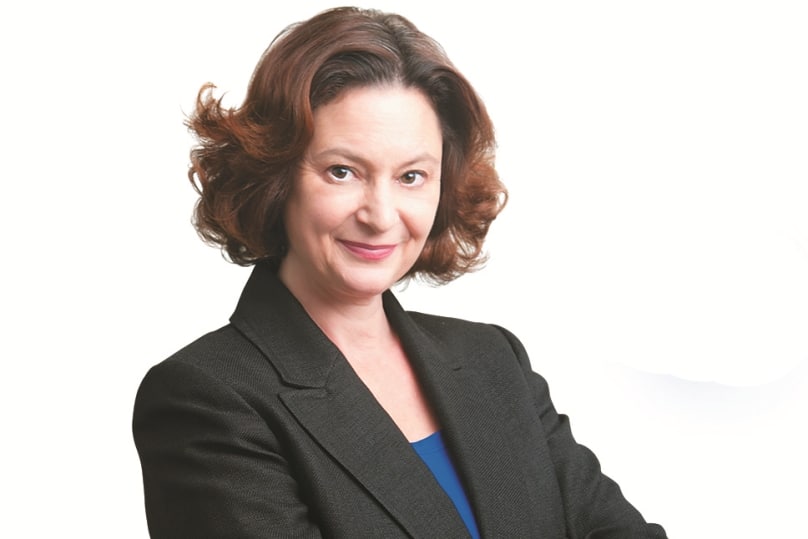
The author of a new book on religious liberty issues said that “the Western world today is home to a secularist faith”.
Modern-day religion is becoming stifled in the secular age, said Mary Eberstadt, author of It’s Dangerous to Believe: Religious Freedom and Its Enemies, at a 28 June lecture in Washington.
“A new chapter has opened in American history, in which people of faith are on the receiving end of an ascendant secularism, as they have not been before,” she said at the Heritage Foundation. “The punitive treatment of today’s religious believers is unjust and violates traditional American understandings of fair play and open debate.”
Eberstadt was joined on a panel by Ryan Anderson, the William E Simon senior research fellow in American principles and public policy at Heritage.
She said her book is aimed at all readers, particularly those outside of religious environs, and is meant to educate those who may be unaware of how believers are being treated.
“(The book) is an attempt to open a conversation where one doesn’t exist yet,” she said. “It asks secularists and progressives to reflect on how fair their movement has become when it comes to treatment of people who think differently.”
The lecture highlighted recent events in the US where people of faith faced discrimination because of their beliefs, addressing the fight against the contraceptive mandate in the Affordable Care Act by the Little Sisters of the Poor, whose religious mission is to serve the elderly poor.
“The Little Sisters of the Poor are not just any nuns,” said Eberstadt. “They are indigent nuns, who take in the dying and live with them as a family. They take in people who everybody else has thrown out, who have nothing and they love them and take care of them.”
The Little Sisters’ case against the mandate is part of the Zubik vs Burwell case, which includes legal challenge of the mandate by several Catholic entities. The Zubik case has been a flashpoint in the Church’s fight on religious liberty issues in the US. The Supreme Court sent the case back to the lower courts on 16 May to allow the plaintiffs and the federal government to resolve how employees of religious institutions can receive the contested coverage without the religious employers compromising their moral beliefs.
Anderson brought up the issue of assisted suicide and said that the Little Sisters of the Poor provide care that is a contradiction to the idea of “death with dignity.”
“(The sisters) provide a real ‘death with dignity’ by surrounding them in a family setting,” said Anderson.
Faith-based charities, Eberstadt mentioned, face discrimination because of their refusal to deter from their religious conscience. The Green family as owners of Hobby Lobby, a chain of more than 500 arts and crafts stores, also refused on moral grounds to comply with the federal government’s contraceptive mandate. The company already covered birth control in its employee health plan but objected to being required to cover contraceptive drugs considered to be abortifacients.
The case went to the Supreme Court and in March 2014 the court ruled in favour of the company.
